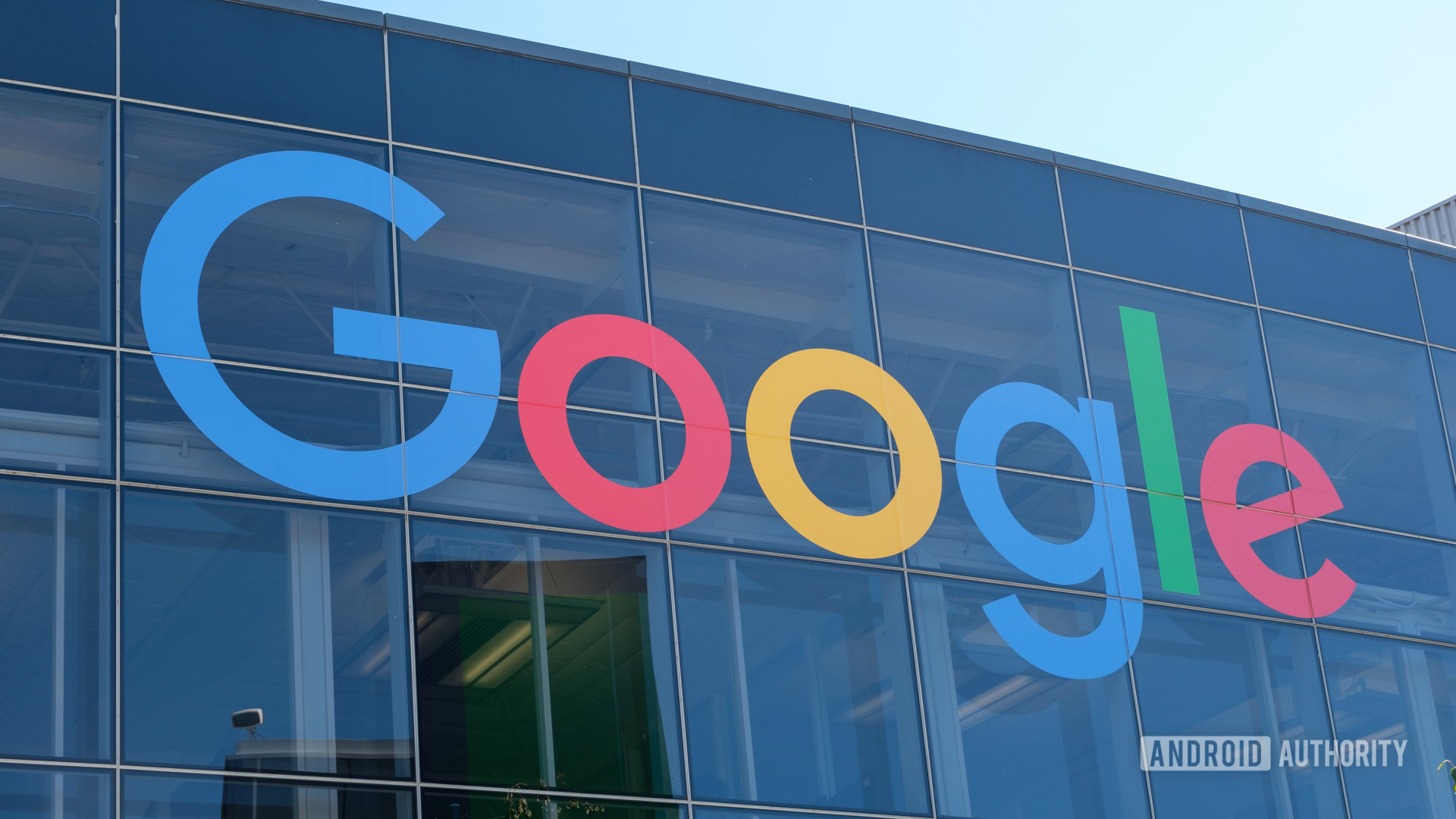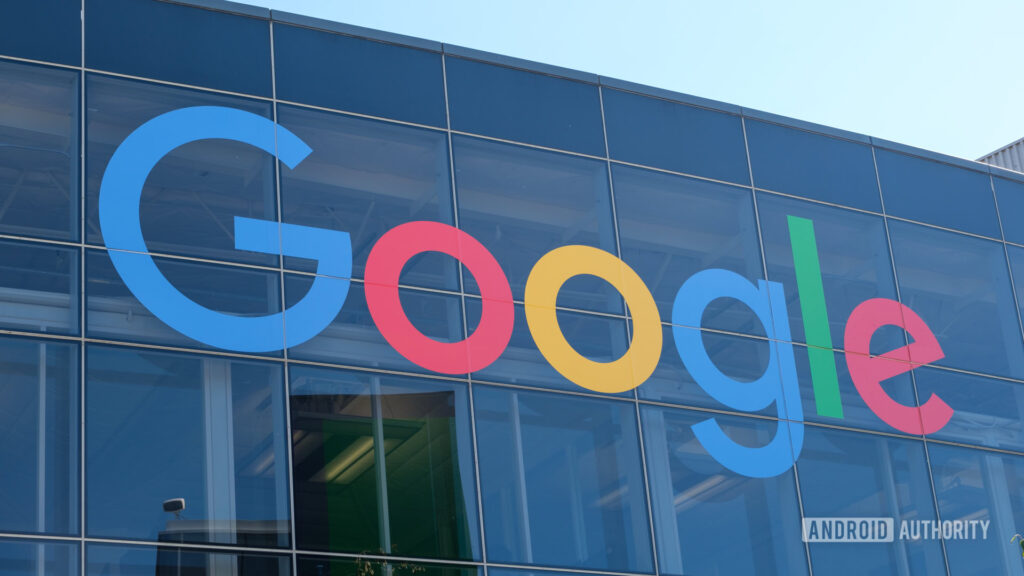
Ryan Haynes / Android Authority
TL;DR
- The US Department of Justice has begun proposing solutions to correct Google’s position as a monopoly.
- Proposed solutions include separating Android, Chrome, and Play from Google.
Google was recently ruled a “monopolist” by a U.S. district court for violating U.S. antitrust laws by attempting to remain the default search engine on devices and web browsers. Following this decision, the U.S. Department of Justice is fleshing out a plan to correct anti-competitive practices, and proposed solutions include separating Android, Chrome, and Google Play from Google.
The US Department of Justice (DoJ) has submitted a new “proposed remedy framework” to remedy Google’s antitrust violations in the country (h/t Mishaal Rahman). The framework aims to redress the harm caused by Google’s search distribution and revenue sharing, search result generation and display, ad scale and monetization, and data accumulation and use.
The most drastic of the proposed solutions involves blocking Google from using its products, such as Chrome, Play, and Android, to power Google Search and related products. . Other solutions include allowing websites to opt out of training or not appearing in Google-owned AI products, such as Google Search’s AI Overview.
Google responded by saying, “The Justice Department’s radical and sweeping proposals risk harming consumers, businesses, and developers.” The company intends to respond in detail to the Justice Department’s final proposal, which it says has “already laid out demands that go far beyond the specific legal issues of this case.”
Google announced that it has invested billions of dollars in Chrome and Android. These two products help people access the web and use Google’s products, so we’re making the products and their underlying code available for free, and you can keep them open source or invest in them. Few companies have the ability or incentive to continue. Google has warned that separating Chrome and Android would change its business model, increase device prices and weaken Android and Google Play as competitors to Apple’s iPhone and App Store.
Below is a summary of the various solutions proposed by the Department of Justice in response to Google’s anti-competitive conduct.
Improving Google’s search distribution and revenue share
The Department of Justice says the starting point in addressing Google’s misconduct is to reverse its impact on search distribution. For more than a decade, Google has dominated the most popular distribution channel, leaving competitors with little to no incentive to compete for users. Similarly, Google’s proprietary revenue share payments prevent partners from diverting queries to Google’s rivals, which prevent them from competing for these sales channels. This is likely a reference to the billions of dollars Google paid Apple to be the default search option on the iPhone.
In response, the Department of Justice is considering several remedies. One is to evaluate remedies that limit or prohibit default agreements, pre-installation agreements, and other search-related revenue sharing arrangements.
The second type of treatment includes “behavioral and structural treatments.” Prevent Google from using Google Search and Google Search-related products and features using products such as Chrome, Play, and Android than competitors and new entrants.
Remediate Google’s data storage and use
The Justice Department says Google’s illegal conduct allowed it to accumulate and use data at the expense of rivals in the search engine space.
To this end, the Department of Justice is considering remedies that would force Google to make its search index, data, feeds, and models available to others through APIs. It also gives you access to Google’s search results, features, ads, and even underlying ranking signals.
Modify the generation and display of Google search results
Google’s harm extends to the development of general search capabilities, including generative artificial intelligence. The Department of Justice says, “These results and features often affect websites and other products created by third parties that have little bargaining power against Google’s monopoly and cannot risk retaliation or exclusion from Google. content.”
To this end, the Justice Department is proposing to prohibit Google from using contracts to compromise access to competitors’ Web content. We also want to level the playing field by requiring Google to allow websites crawled by Google Search to opt out of Google-owned artificial intelligence products and training and display in Google Search. Masu.
Improve Google ad scale and monetization
Google’s monopolistic practices have undermined advertisers’ choice of search provider and competitors’ ability to monetize search advertising. This allowed Google to make money from text ads while reducing their quality.
Proposed remedies include addressing Google’s use of scale and licensing and syndication of ad feeds independent of search results.
As mentioned above, Google plans to file a counter-argument in court. Although we face a long legal battle, it’s becoming increasingly clear that the future of Android and Chrome could look very different than today.


